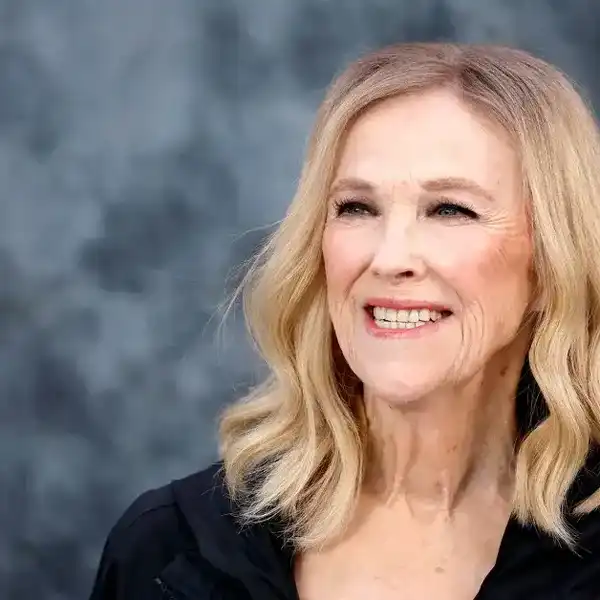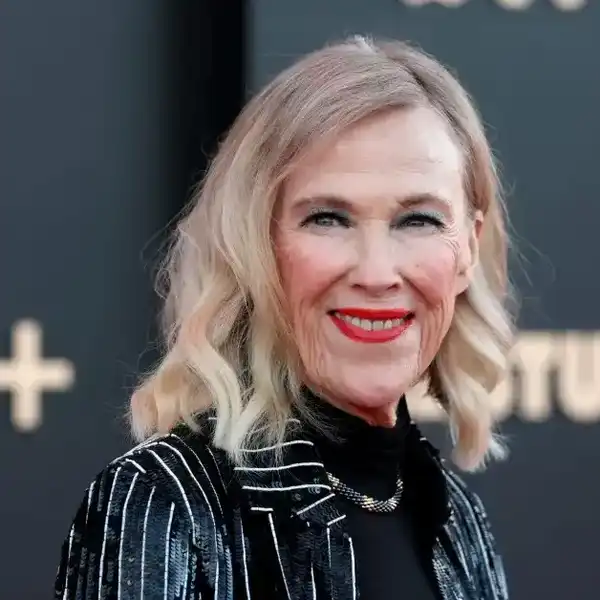
By David Farrell
Stingray expands distro agreement with Bell
Montreal media company Stingray Digital Group has announced that it has negotiated a long-term accord with Bell that renews and expands a longstanding relationship that makes Bell the first Canadian telco offering its subscribers Stingray’s entire music and video services portfolio gratis.
The enhancement includes Stingray Retro, Stingray Vibe, Stingray Loud (formerly MuchLoud), Stingray Juicebox, and the recently launched Stingray Now 4K, Stingray Hits, Stingray Classica, Stingray DJAZZ, Stingray Festival 4K, Stingray Ambiance 4K, Stingray Qello, and 2K curated audio channels.
Stingray co-founder and president, Eric Boyko, said in a release yesterday (May 29) that the agreement with Bell is an “important showcase for the quality and diversity of Stingray’s product catalogue, and for the tremendous value Stingray can add to its clients’ service offering.”
On May 2, Stingray Digital announced intent to acquire Newfoundland Capital Corp., owner of Newcap Radio, in a cash-and-stock deal valued at $508M. The transaction is subject to approval of shareholders, customary closing conditions and regulatory approvals.
According to company information, Stingray services reach 400M users in 156 countries, and its mobile apps have been downloaded over 90M times. Headquartered in Montreal, the company has 350 employees worldwide. – Media release & FYI
TPX repping two Canadian podcasts
Toronto-based podcast sales company The Podcast Exchange (TPX) has announced partnerships with two Canadian podcasts—the first Canadian shows. They are:Canadian True Crime, in which host Kristi Lee presents facts of cases without the gore while remaining respectful of victims and their families.
Grownups Read Things They Wrote as Kids, a live stage storytelling show that has been running for over 10 years. It exists as both a podcast and a radio show on the CBC and has almost universal praise from international media, including USA Today.
TPX, which launched in January, specializes in matching Canadian podcast audiences with advertisers and has recently signed deals with Wondery and audioBoom to represent those networks. “With these two new partnerships, our sales team can now apply their expertise in podcast sponsor messaging to an expanded network of commercial podcasts,” noted TPX President and CEO Jean-Marie Heimrath.
Commissioner of Competition blocks sale of Corus specialty channels to Bell
When the companies announced the intended transfer of Historia and Series+ in October 2017, they valued the transaction at about $200 million. Corus says the companies are reviewing the decision. – The Canadian Press
‘Scud Stud’ Arthur Kent awarded another $200K in defamation case
The former war correspondent has been awarded another $200K in costs related to his defamation suit against Postmedia and its former columnist Don Martin. – Lauren Krugel, The Canadian Press
A semi-complete history of Roseanne Barr’s racist and conspiratorial tweets
For many Americans, Roseanne Barr is “Roseanne,” star of the eponymous sitcom that ran from 1988 to 1997, and again in 2017. But Roseanne Barr is not her character — a quick-witted everymom. In real life and, more noticeably, on Twitter, she’s a conspiracy theory-loving, racist every-troll.
On Tuesday, her trolling came to a head when ABC cancelled her show after she likened Barack Obama’s top adviser Valerie Jarrett (who is black) to an ape — a slur so extreme even Fox News called it racist.
This was not a first offense for Barr on Twitter (or in real life) – Jane Coaston, Vox
How much money does Roseanne Barr lose with the show’s cancellation
Barr served as a star and executive producer on the ABC series. For their acting, the 65-year-old actress and her co-star John Goodman reportedly earned an estimated $250,000 per episode, according to Variety. – Dory Jackson, Newsweek
Don’t put podcasts behind a paywall
Radiotopia founder Roman Mars says the podcast industry isn’t nearly ready to start selling subscriptions.
Ready for on-demand movie theatres?
Baidu’s iQIYI, a video streaming service sometimes dubbed the Netflix of China, opened a tiny movie theatre in the city of Zhongshan in the southern province of Guangdong. Adding a few dozen seats to the theatre capacity of the city of about 3M people sounds like a drop in the bucket.
But the new theatre, called Yuke, is actually a series of mini-theatres, each with two to 10 seats, that can be rented by the hour to show any content available from iQIYI’s library. With cushy chairs, Dolby audio, and a screen much larger than a home TV, the on-demand Yuke theatres represent a new hybrid way to consume streaming video. iQIYI, which went public in the US a few months ago, says it plans to bring the Yuke concept to all of China’s major cities.
There have been rumours that Netflix was pondering a more traditional theatre play, as well. The Los Angeles Times reported last month that Netflix considered buying the Landmark Theatres chain but ultimately rejected the idea as too costly. With malls facing increasing vacancies, maybe something more like iQIYI’s on-demand mini-theatres would be a smarter move for Netflix. – Aaron Pressman, Fortune Data Sheet
Podcast industry stalls after entire audience acquires a mattress and a website
Media’s favourite medium is in danger of extinction. Through a series of diffuse and effective advertising campaigns, every listener of every podcast now has both a mattress and a personal website. As a result, advertising revenue for the podcast industry is in danger of drying up completely.
Podcasts hosts across the globe are beginning to panic, unsure how to stay financially afloat now that their entire audience has a comfortable, affordable mattress and an easy-to-use website that can be edited without writing a single line of HTML. – Satirist Ashwin Rodriguez, Fortune


















